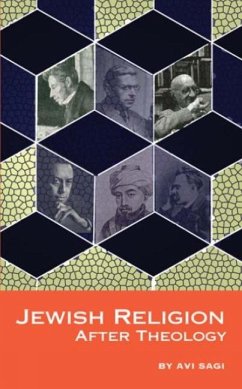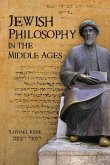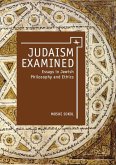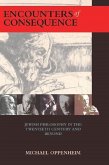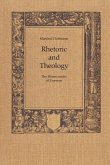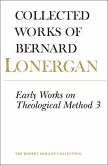Jewish Religion after Theology ponders one of the most intriguing shifts in modern Jewish thought: from a metaphysical and theological standpoint toward a new manner of philosophizing based primarily on practice. Different chapters study this great shift and its various manifestations. The central figure of this new examination is Isaiah Leibowitz, whose thoughts encapsulate more than any other Jewish thinker this stance of religion without metaphysics. Sagi explores corresponding issues such as observance, the possibility of pluralism, the meaning of penance without messianic suppositions, and pragmatic coping with theodicy after the Holocaust, presenting the different possibilities within this great alteration in Jewish thought.
Hinweis: Dieser Artikel kann nur an eine deutsche Lieferadresse ausgeliefert werden.
Dieser Download kann aus rechtlichen Gründen nur mit Rechnungsadresse in A, D ausgeliefert werden.
Hinweis: Dieser Artikel kann nur an eine deutsche Lieferadresse ausgeliefert werden.

